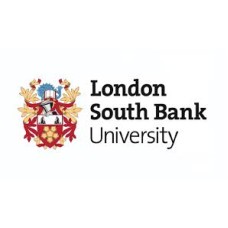The art of delivering and communicating your results as a forensic expert is developed by mock courtroom sessions during the course.
The Forensic Science course is taught by professionals from the forensic science industry. In addition we have visiting scientists based in industry come in to talk about their own jobs and career progression. We place special emphasis on training for both forensic related jobs and the wider scientific industry.
Forensic science is used to settle an increasing number of criminal cases – making sure law courts have accurate information to determine an outcome of guilty or not guilty. Forensic scientists use a combination of biological, chemical, physical and mathematical methods to obtain and analyse evidence from a variety of sources. These include: blood and other body fluids, hair, textile fibres, glass fragments and finger, footwear and tyre marks.
Many independent forensic laboratories provide services to the criminal justice system. At LSBU, we offer a whole range of transferable skills to enable careers in forensics and other scientific disciplines.
Scientific journalism, the pharmaceutical industry, environmental monitoring, laboratory-based employment and accident investigation are all popular destinations for forensic science graduates.
| English Proficiency | |
| English Requirements | IELTS 6.0 ( Not less than 5.5 in each component) PTE 59 ( Not less than 59 in each component) TOEFL 79 ( Listening – 17, Reading -18, Speaking 20, Writing -17) Password Test 6.0 ( Not less than 5.5) Language Certificate – B2 level for PG programmes English Study Skills – B2 Level |
BSc (Hons) Forensic Science - London South Bank University
- University: London South Bank University
- Course Code: UG
- Accepting Application: Accepting Application
Available Options
Tags: BSc (Hons) Forensic Science - London South Bank University
.png)
